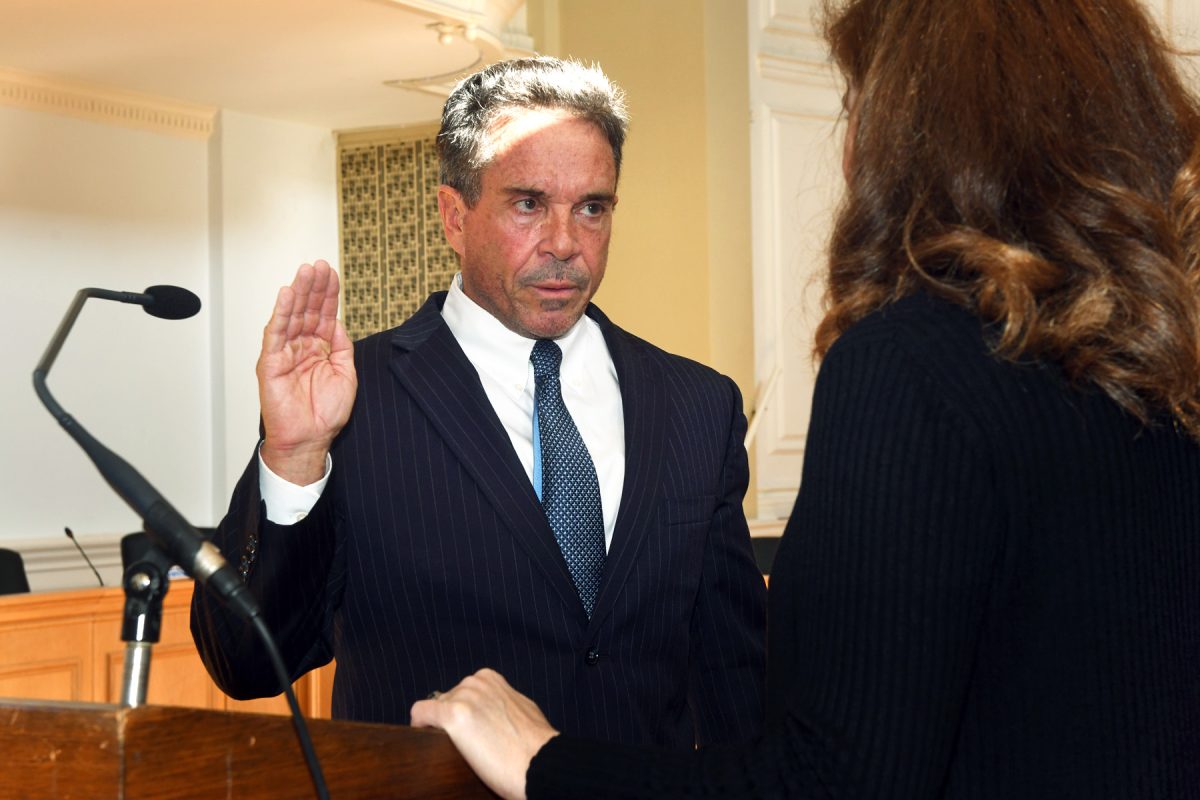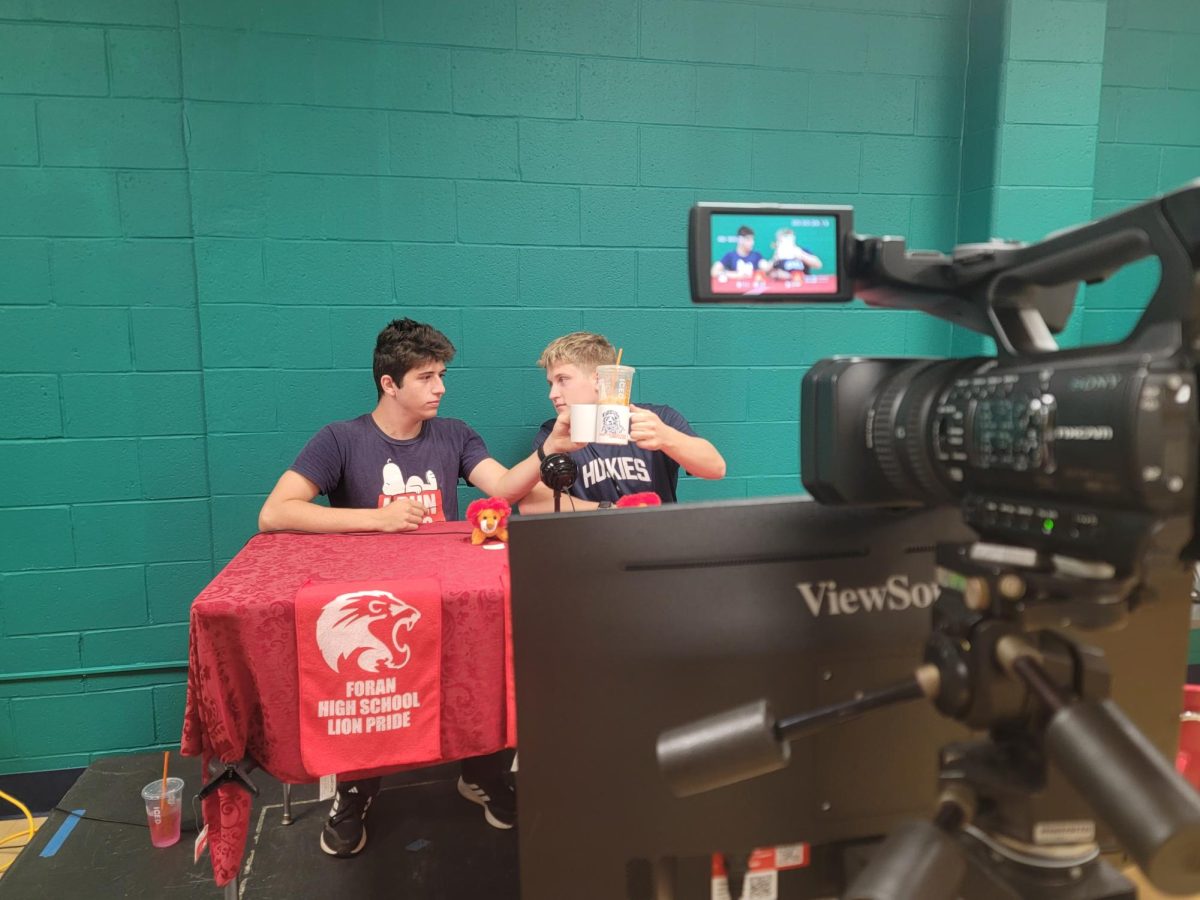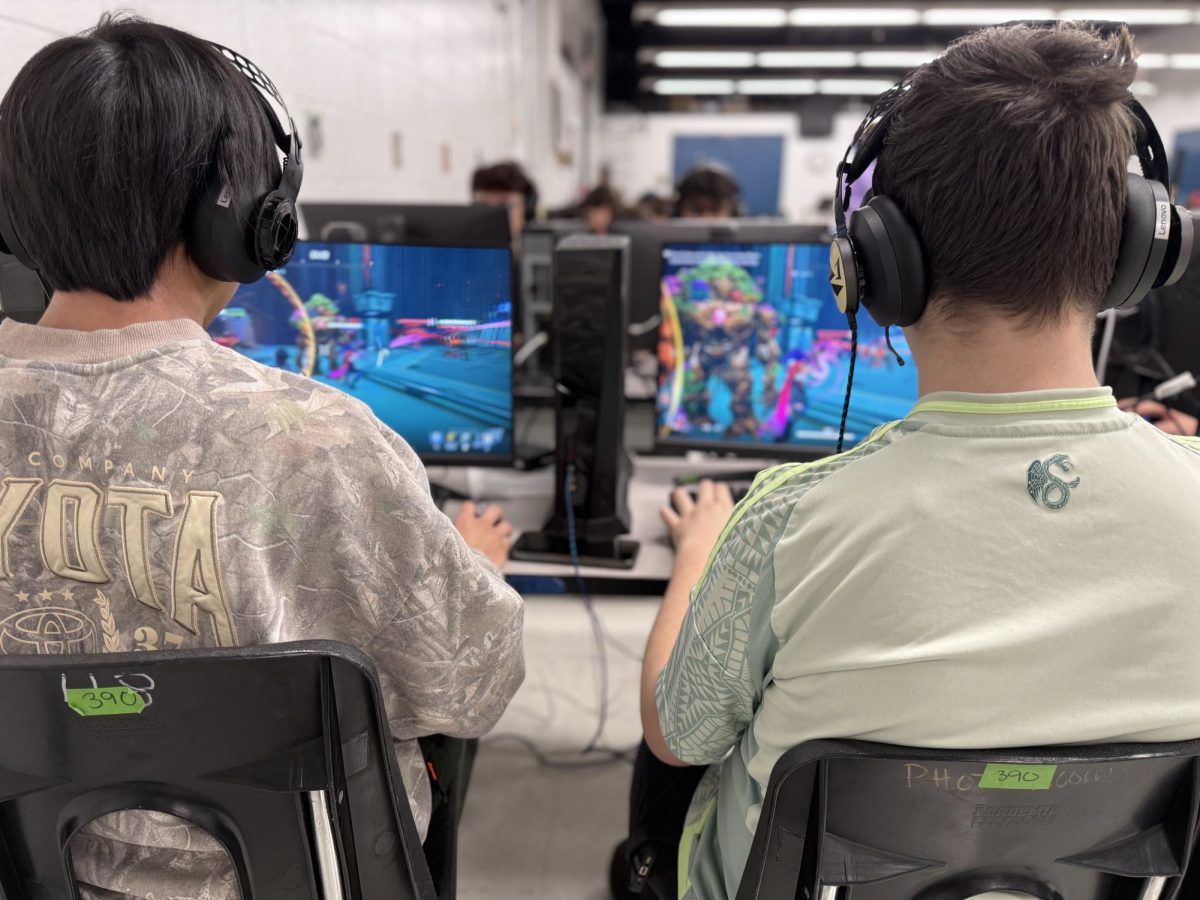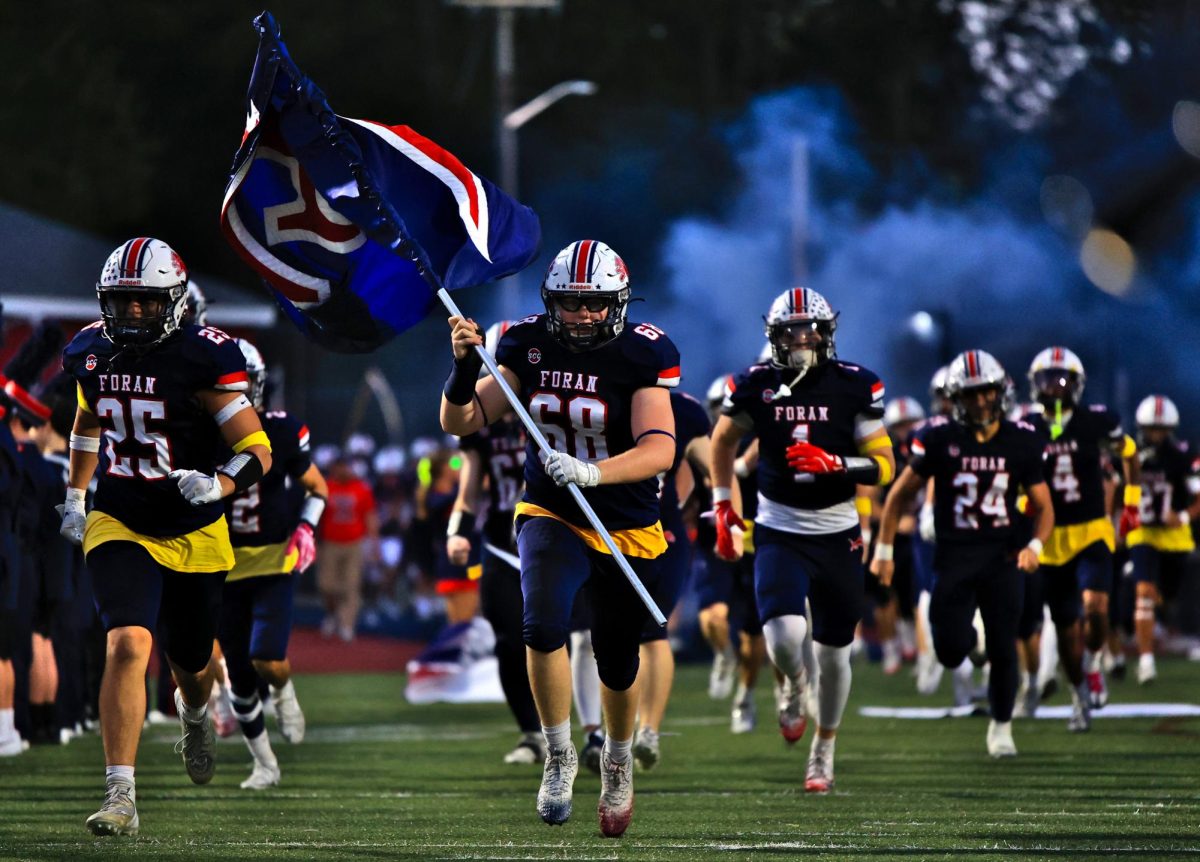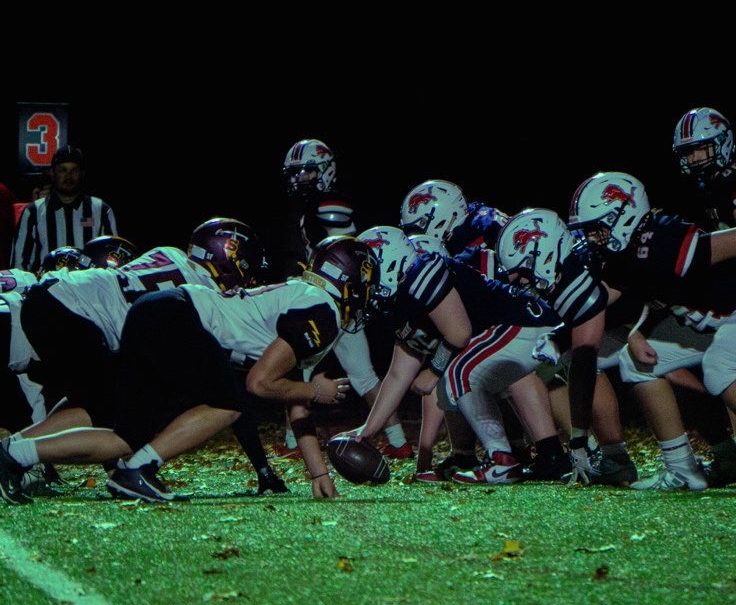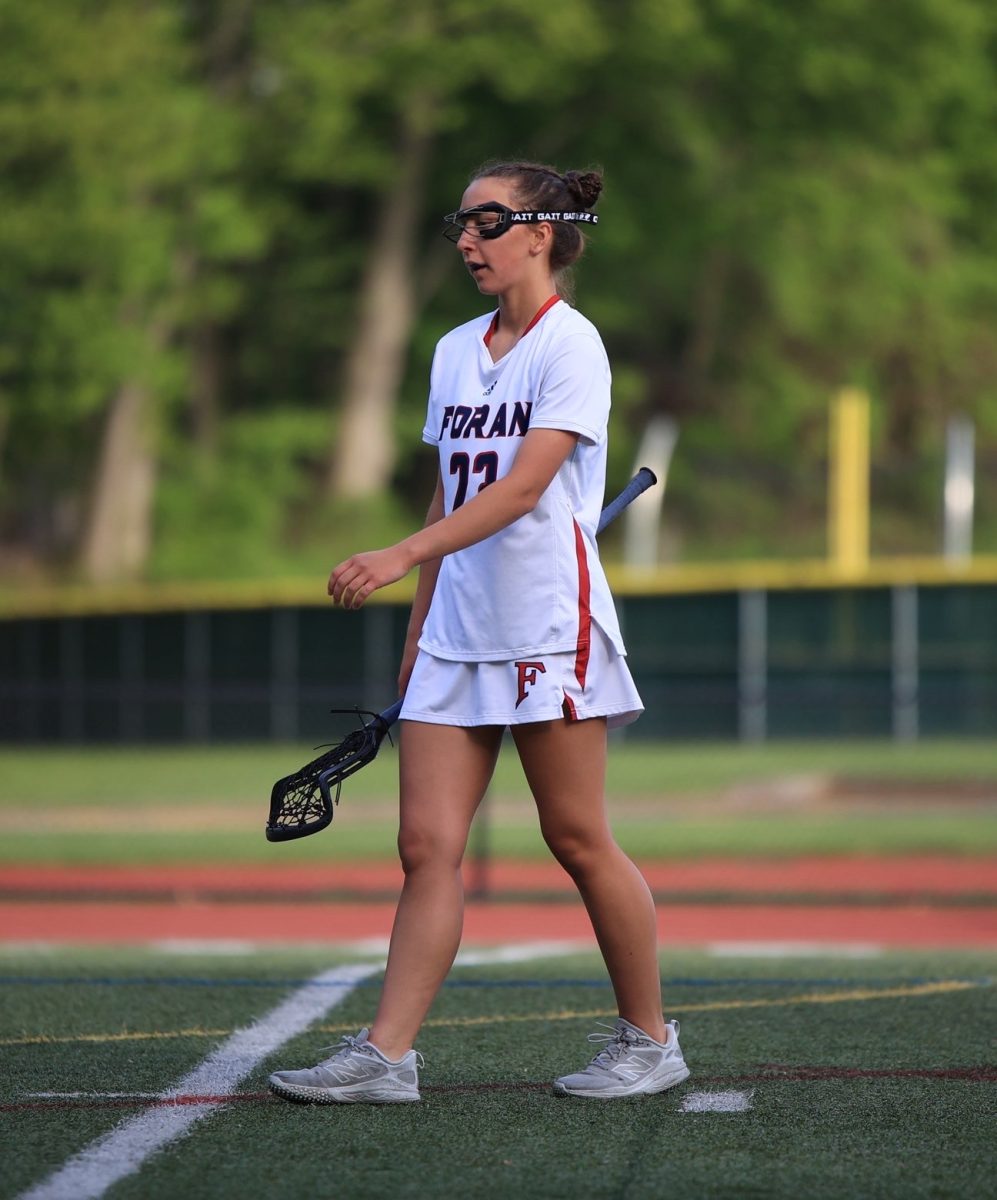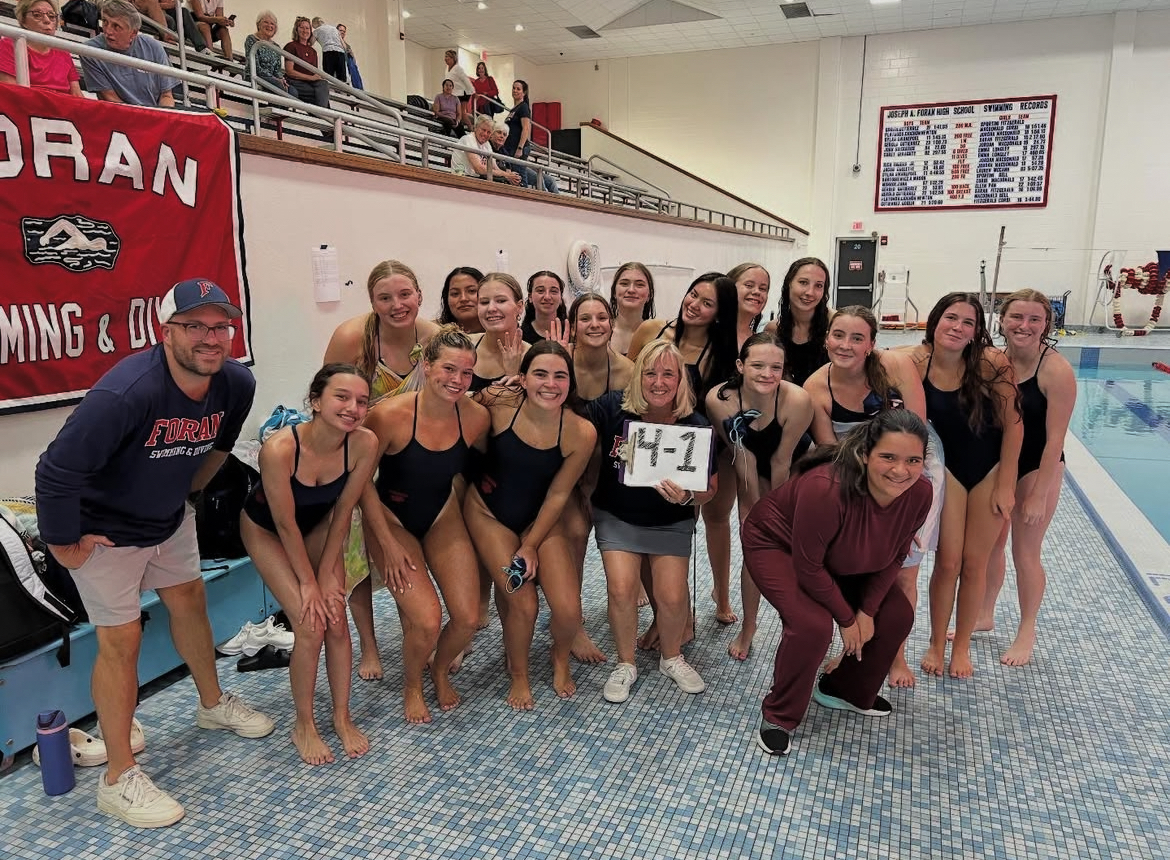According to Education Data, 73% of students graduating from high school who attend college stay in the state.
Making the transition from high school to college isn’t a simple task for students. Many students face academic, emotional, social, and financial challenges every year.
Along with a goodbye to the comfort of a childhood they’ve known all their lives, many students must gain the courage to leave their hometowns, high schools, and friends. To calm some nerves and answer some questions, Foran’s class of 2025 gives some advice on how to tackle this.
College freshman at the University of Connecticut (UCONN), Manny Lozano, speaks on how his school fosters opportunities for diversity and inclusion.
Lozano claims, “I can join communities and clubs with people related to my heritage and background.”
Luke Hackett, a college freshman at UCONN, gives his take on the social environment change with a different approach.
Hackett says, “The social environment is very different when you’re in high school, you know most of the people around you. In college, you have to branch out, be your own person, go through that process of making friends and having people around you.”
College can be a wake-up call to many, as the average workload increases.
Hackett states, “In high school, I took a lot for granted, put a lot of effort into school. When you get to college, that changes.”
As well as more work, the content areas also begin to get more difficult. This can be an obstacle, especially for students who haven’t taken AP courses.
Lozano agrees, elaborating on personal responsibility, “It’s different because professors are no longer going to be behind on you tracking every deadline.”
Students going to college often aren’t aware of everything they will experience.
Hackett gives some insight into what to do outside of classes. “Try to get as much out of it as you can, whether it’s a club, a job, or anything on campus. Just get involved.”
Some students may choose to pursue collegiate sport careers, but this presents its own set of unique challenges.
Jackson Doyle, a freshman at Castleton University and Point Guard on their Division III Basketball team, states that a strategy that works best for him is “setting a schedule and sticking to it… try to find time between my classes to study, like at the library.”
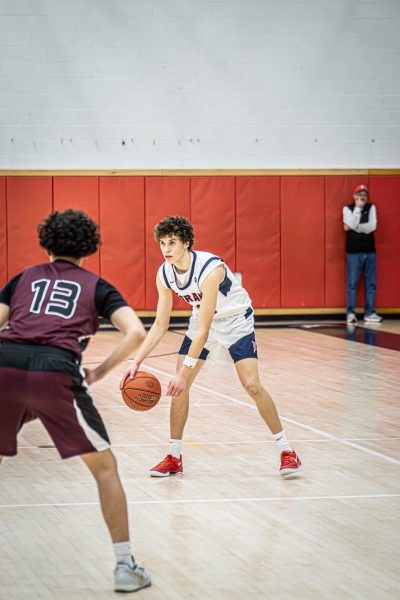
Managing workload and sports isn’t the only struggle that student-athletes have to face. There’s also higher pressure at the collegiate level to perform.
Doyle says, “Physicality is a big difference; everyone here is grown and is coming from being one of the best players on their high school team. I think that it is very important that you find your role to fit into the structure of the team.”
While the transition to college can be daunting, hearing from those who have leaped proves that with resilience, planning, and an open mind, students can thrive in their new chapter.





